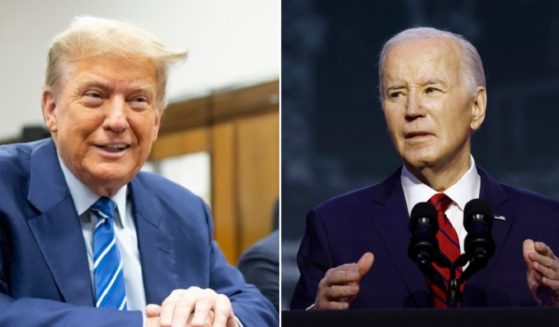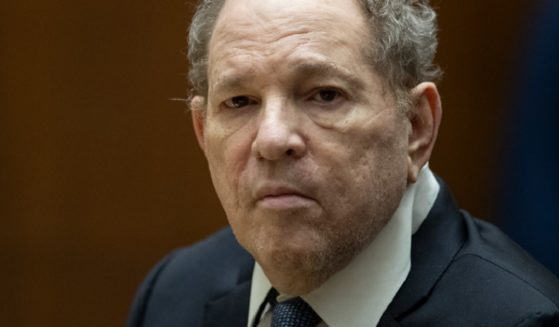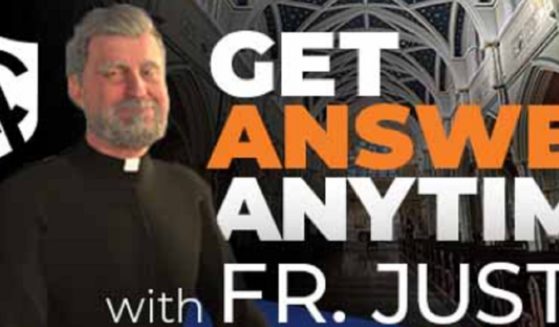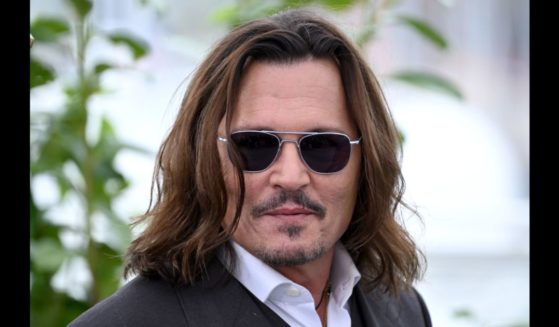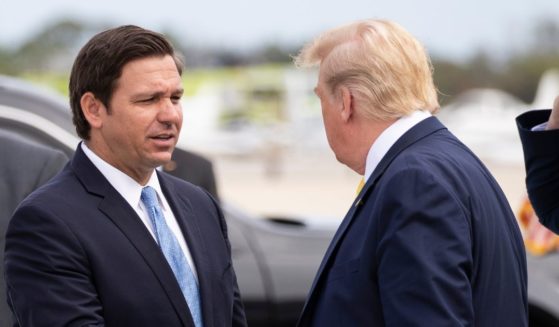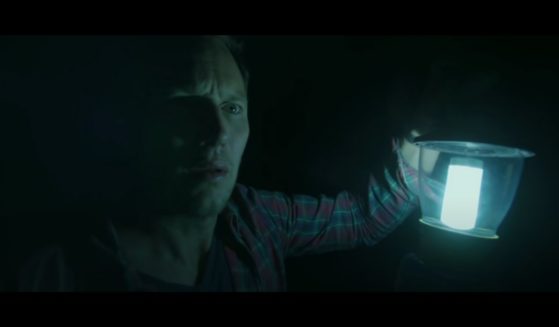Watch: Tucker Exposes the Real Motive Behind Ukraine Not Wanting the War to End
The ghosts of 1917 still haunt the world.
In Episode 7 of “Tucker on Twitter,” Tucker Carlson exposed the corrosive effect of wars for democracy on the actual democracies they purport to save.
Carlson posted his latest episode on Tuesday evening, along with an accompanying tweet: “Ep. 7 Irony Alert: the war for democracy enables dictatorship.”
Ep. 7 Irony Alert: the war for democracy enables dictatorship. pic.twitter.com/tk7aOZ4H6n
— Tucker Carlson (@TuckerCarlson) June 28, 2023
The episode has reached nearly 11 million views in fewer than 20 hours.
Carlson showed clips of six different speakers, from White House Press Secretary Karine Jean-Pierre to Republican Sen. John Cornyn of Texas, all of whom insisted that the Ukraine war represents a fight for democracy.
Politicians and media figures have repeated this assertion so often that in Washington, D.C., it amounts to a bipartisan consensus.
Carlson then showed a clip of Ukrainian President Volodymyr Zelenskyy announcing that his country would not hold elections until after the current war.
“Democracy in Ukraine seems to be suspended by the world’s foremost democracy advocate himself, Field Marshal Zelenskyy,” Carlson said.
Zelenskyy’s move should surprise no one, according to Carlson.
“Wars for democracy always cancel democracy in the process. That’s why our leaders love them,” he said.
Democracies often breed ambitious political actors who grow impatient of restraints on their authority. To such people, war means opportunity.
“Imagine the COVID lockdowns times a thousand, plus drones,” Carlson said.
The relationship between war and tyranny has occupied some of history’s greatest minds.
“Of all the enemies to public liberty war is, perhaps, the most to be dreaded, because it comprises and develops the germ of every other,” James Madison wrote in 1795.
The great Founding Father added, “War is the parent of armies; from these proceed debts and taxes; and armies, and debts, and taxes are the known instruments for bringing the many under the dominion of the few.”
Therein lay the relationship between war and tyranny. In war, the few thrive, while the many suffer.
Alas, the quality of American statesmanship declined over time, resulting in history’s most notorious “war for democracy.”
On April 2, 1917, President Woodrow Wilson asked Congress for a declaration of war against Imperial Germany.
“The world must be made safe for democracy,” Wilson proclaimed.
With such pious nonsense as this, the United States entered World War I.
In that same war message to Congress, Wilson offered what surely must rank as history’s worst prediction.
Citing the recent toppling of Czar Nicholas II, Wilson noted “wonderful and heartening things happening in Russia,” which always struck him as “democratic at heart” and thus made a “fit partner for a League of Honor.”
Seven months later, the Bolsheviks toppled the provisional government, Russia withdrew from the war, and a communist dictatorship ensued.
Meanwhile, Wilson hoped to exchange U.S. sovereignty for a new League of Nations. In fact, the president fought so hard for his new League — albeit in vain — that he suffered a stroke in 1919.
The move to consolidate power in a new international organization developed as a natural consequence of Wilson’s “war for democracy.”
On the question of whether wars for democracy result in actual democracy, the first half of the twentieth century gives the best answer.
So does Carlson.
Truth and Accuracy
We are committed to truth and accuracy in all of our journalism. Read our editorial standards.

